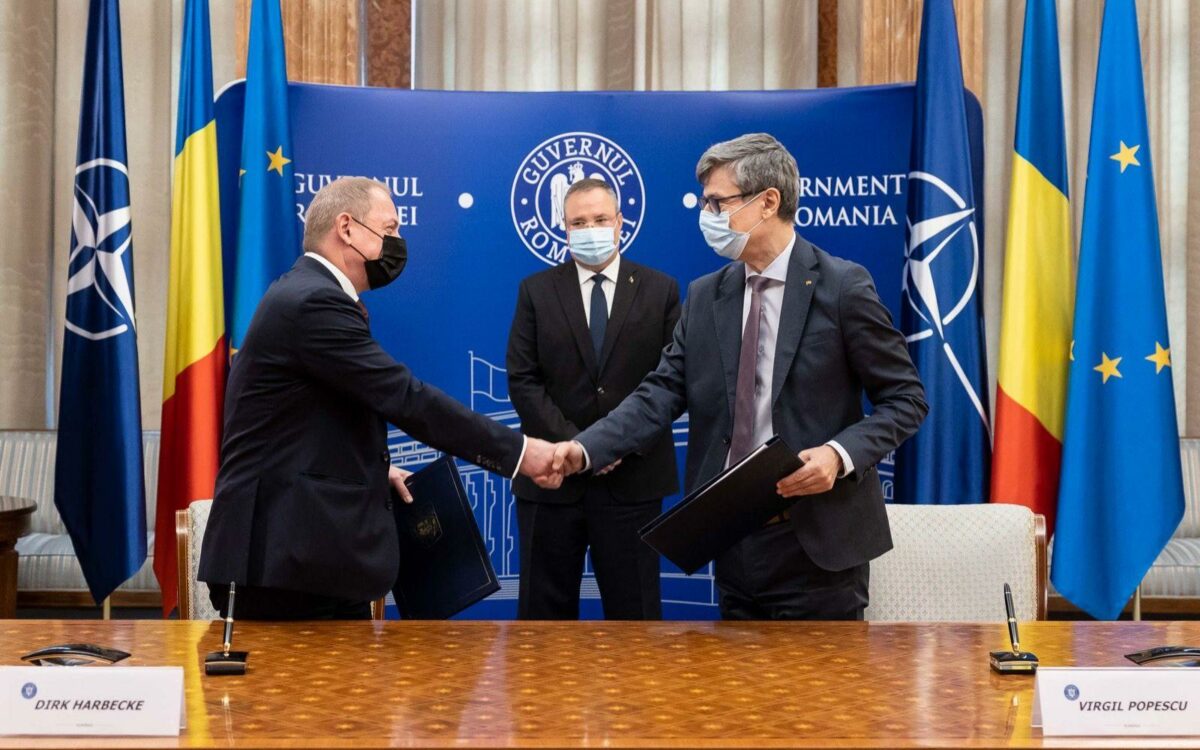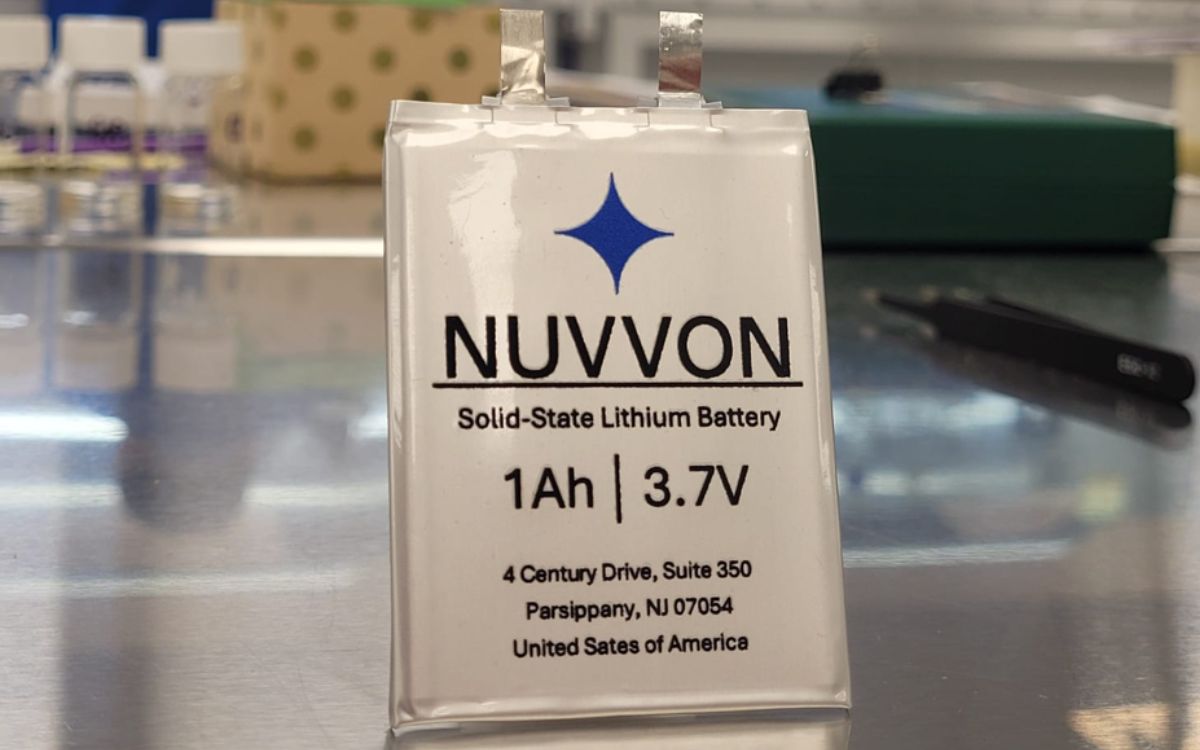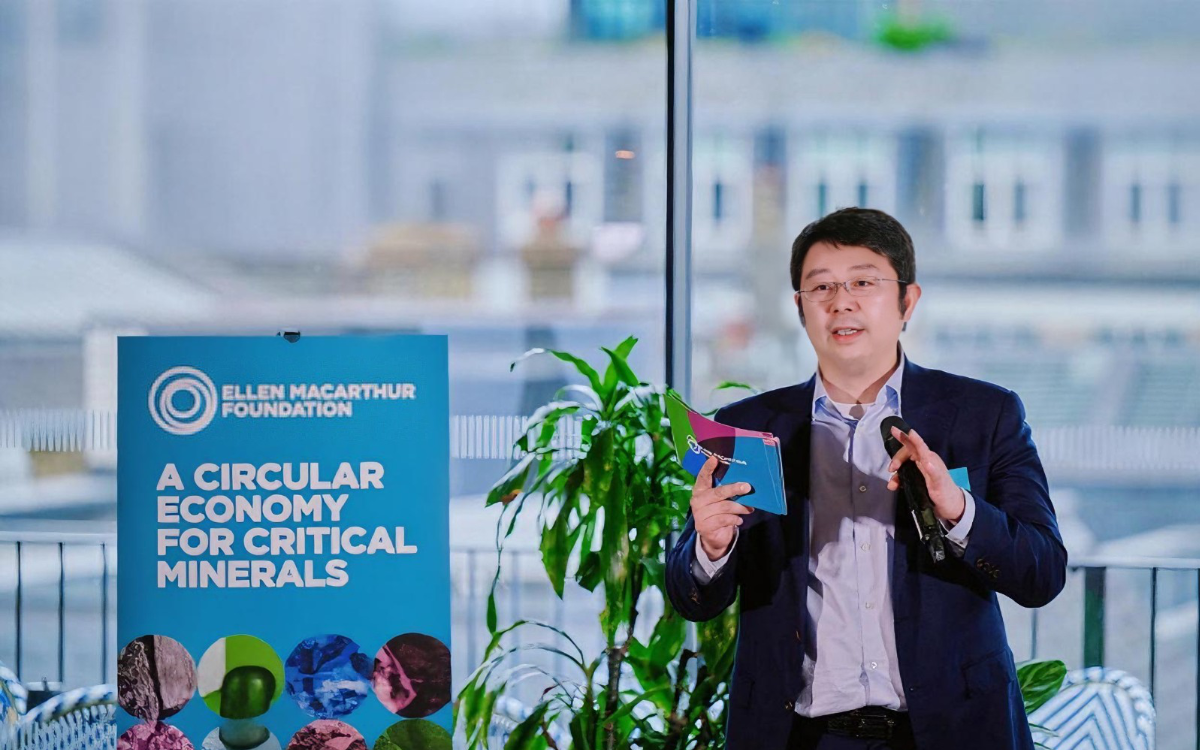Battery materials firm Rock Tech Lithium aims to build its second European lithium hydroxide plant after signing a non-binding Memorandum of Understanding (MoU) with the government of Romania.
The MoU provides for cooperation and support in the Canadian-headquartered firm’s search for a location, and the construction and operation of the planned €400 million ($442 million) plant.
Rock Tech will now explore locations in Romania and elsewhere in Eastern Europe for the proposed converter.
The MoU establishes a framework to address factors in Rock Tech’s decision-making process, which include: access to government grants and other financial incentives; predictable and reasonable permitting and approvals processes and timelines; streamlined sharing of information and data among project stakeholders.
Key factors in the site selection will be access to regional infrastructure, such as transportation links and a rail connection.
Rock Tech will seek a close collaboration with authorities, experts, and local partners for all further planning steps.
The proposed converter will refine lithium-bearing rock into high-purity lithium hydroxide.
The proposed converter is expected to produce around 24,000 metric tons of lithium hydroxide per year, enough to equip around 500,000 electric vehicles (EV) with lithium-ion batteries.
European battery materials plants
Rock Tech aims to build “several” converters across Western and Eastern Europe to supply the European electric vehicle industry with lithium hydroxide, which is used in the manufacture of lithium-ion batteries.
Last October, Rock Tech announced it would build its first battery-grade lithium hydroxide production plant in Guben, Brandenburg State, Germany.
The 12-hectare site is situated about 70 miles from Tesla’s gigafactory in Grünheide.
Annual production is expected to be 24,000 metric tons of lithium hydroxide per year— enough to power around 500,000 EVs with lithium-ion batteries.
Operations are scheduled to commence in 2024.












